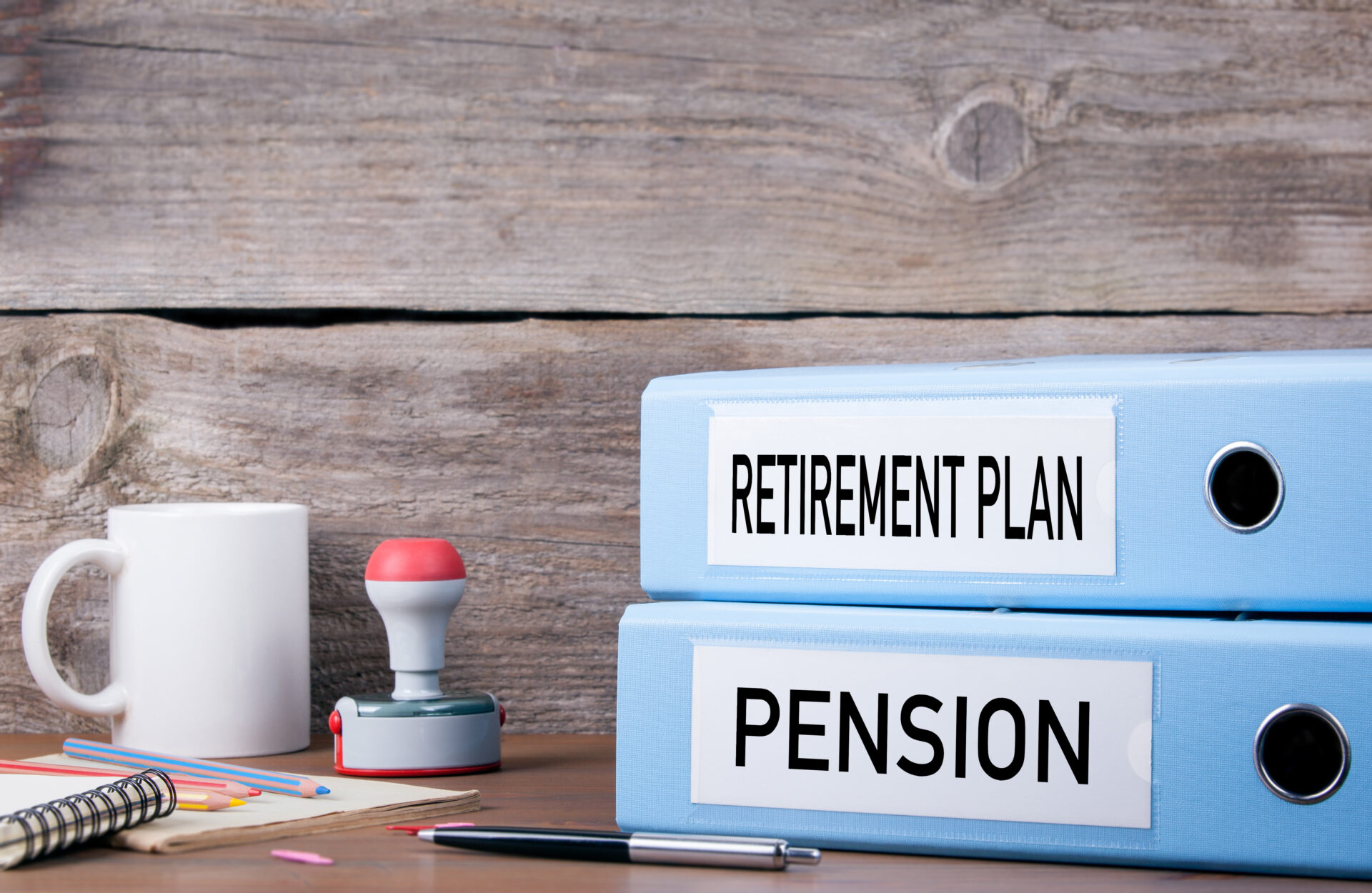Aegon has called on the Government to take action to improve pension adequacy for current and future generations.
Kate Smith, head of pensions at Aegon, said the Government needed to define what an adequate pension is and help reduce pension inequalities in the UK.
Smith said: “We hope the Chancellor will unveil details of the highly anticipated review of pension adequacy as part of her Mansion House speech next Tuesday.
“This is a pivotal opportunity to reach a consensus on what constitutes an adequate retirement income.
“The pension review is an opportunity to really move the dial on pensions adequacy for this and future generations of pension savers before it’s too late.”
Smith added: “Adequacy isn’t the same ‘number’ for everyone – it should be linked to replacing a proportion of working age earnings, so will vary between groups of individuals, based on their earnings and their personal circumstances.
“For lower earners, the state pension may provide an adequate retirement income, but for medium and higher earners, there’s a greater need to supplement this with private and workplace savings.
“We urge the pension adequacy review to carry out a detailed analysis of how much people need to save to achieve an adequate retirement income.”
She said: “This could also inform any future increases to auto-enrolment contributions.
“Once individuals understand what might be an adequate retirement income for them, the industry can offer guidance, possibly through targeted support, around whether they need to contribute more to achieve this.
“This is needed more than ever, with the Pensions Minister having ruled out any increase in minimum auto-enrolment contribution rates during this parliament.”
She added: “Remaining stuck at 8% of a band of earnings for the foreseeable future means auto-enrolment is unlikely to deliver adequate retirement income savings for all but the lowest earners.
“Yet most are in the dark about how much they need to save above the minimum.
Smith added that too many people were missing out on auto-enrolment because they were either too young, too old, did not earn enough, or were self-employed.
She said this left 45% of working age people in the UK not saving into a pension, while many of those who were saving were not putting enough away.
Smith noted that the review needed to address the growing risk of people reaching retirement with inadequate savings and tackle pension inequality.
Smith also pointed out that bringing in the 2017 auto-enrolment reforms would help close pension gaps, including the gender gap, by allowing more people to start saving earlier and for longer.
With people working later in life, she said the upper age limit for auto-enrolment should be increased to 75 instead of ending at state pension age.
Smith said: “A pension solution for the self-employed using the principles of auto-enrolment is desperately needed to nudge them into saving for later life.
“Without this, they risk falling way behind their employed counterparts in retirement.”















